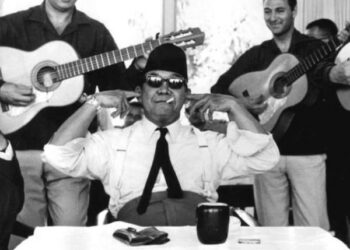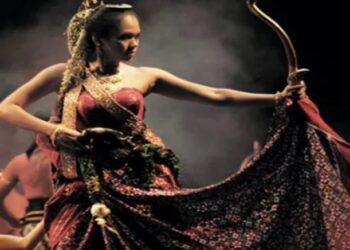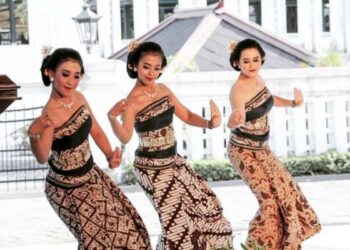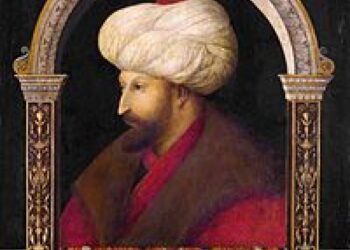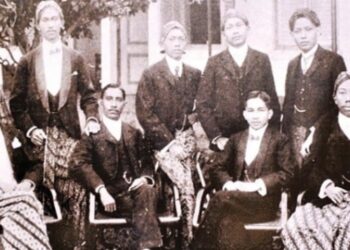CHAPTER IV
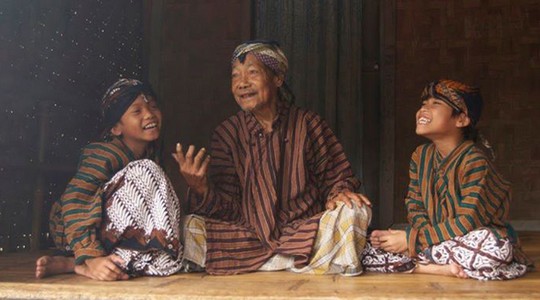
It is said that the climate has influenced their character and forced them to live lazily. Javanese do not have a certain ownership, satisfied with only a few. In general, their life expectancy is not more than half a century and few of them can reach the age of sixty. Their religion is Islam with various superstitions obtained from the beliefs of their ancestors.
The Javanese law for determining inheritance is as follows: when a man dies, leaves a widow, a son or a woman, and a brother, his property will be divided into eight equal parts, of which the child will receive four, the widow will get one, and a brother gets three. However, all these laws will sometimes be abandoned if the circumstances allow that the deceased prefers one heir to another.
CHAPTER V
According to the best observations, Batavia is located at 605 ‘south latitude, on the southern coast, on the north coast of the Jakarta empire, at the deepest corner of a bay formed by the tip of the Javanese Ontong and Karawang. Batavia received most of its water from the trench dug from Cisadane or the Tangerang river, but not this, nor the water from other rivers connected by Mookervaart, flowed into the city, along with the great Jakarta river that flows in the middle. The shape of the city is an elongated box, longitudinally interspersed by a large river. The city is surrounded by a wall of coral that serves as the face of the fort behind it, which occupies a very narrow location in various locations.
European women in Batavia rarely leave the house so they are protected from the sun, often take cold showers and live lighter than men, all of which may be the reason for their “immunity” to an unhealthy climate. The various opinions and habits that have been ingrained by the different educational models and lifestyles of so many people from different countries, here are all destroyed or fused into a desire to accumulate wealth that seems to be their goal. Most of the people who live here are even rich and may have reached the peak of their hopes, radiating dissatisfied and depressed expressions on their faces as if something was not right within them.
Cheerful social relationships are forged by friendship and softened by love which is the result of a rational marriage relationship, little known here. There was another condition which did not contribute to the discomfort or unhappiness of the Batavian household life, namely the existence of slave services, because there were no European servants who could be obtained and could not be cared for had become an unavoidable necessity. They are employed in any kind of household and they are governed by people who have been in the family for longer and they can become cooks, tailors, trainers, etc. It is not easy to imagine the reason the highest government did not stop this damned activity by banning or destroying centers of crime which were a temptation and source of moral bankruptcy and property for slaves in the city because the justice officers of the city government were most responsible for the activities mentioned from crime house owners, every month receive a monthly allotment of protection and illegal permission from here. Even so, the conditions that were least worn in Batavia were its unhealthy climate and high mortality, especially among those who were migrants or had just arrived, the situation was so precarious that the British who had traveled the world and had experienced almost all kinds of climates stated that Batavia was not only the healthiest place they had ever seen, but also that this situation was sufficient to be a means of defense against any hostile endeavor because troops from anywhere would not be able to survive in this deadly atmosphere.
BIBLIOGRAPHY
Stockdale, John Joseph. 2011. Javanese exoticism. The Variety of Life and Culture of the Javanese Community. Yogyakarta: Progressive Books






